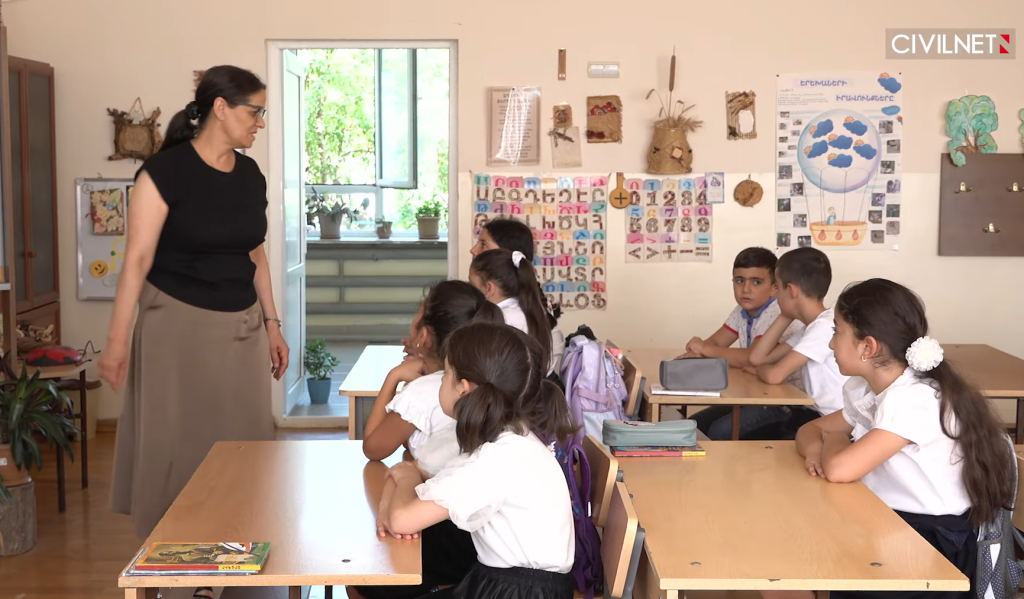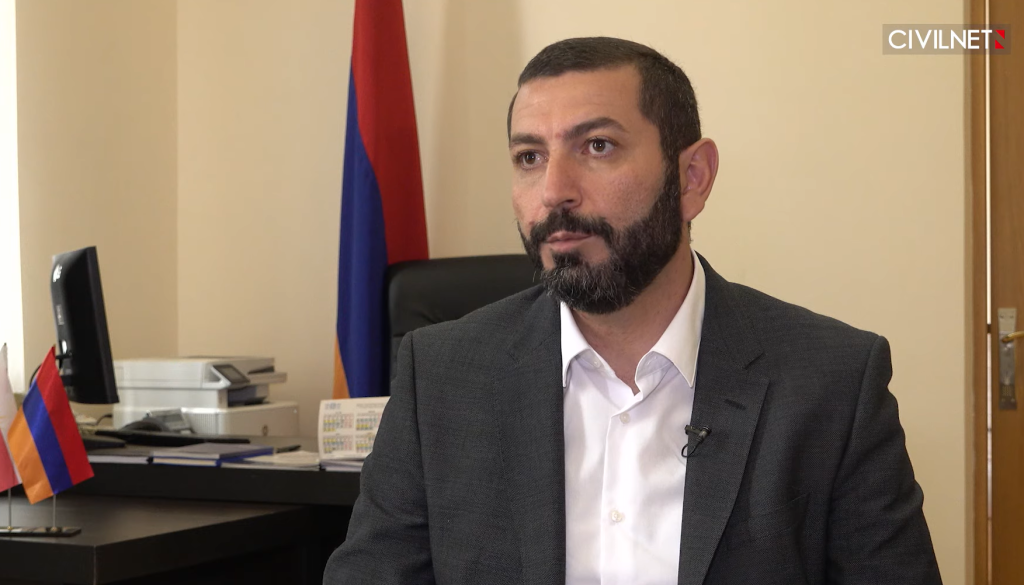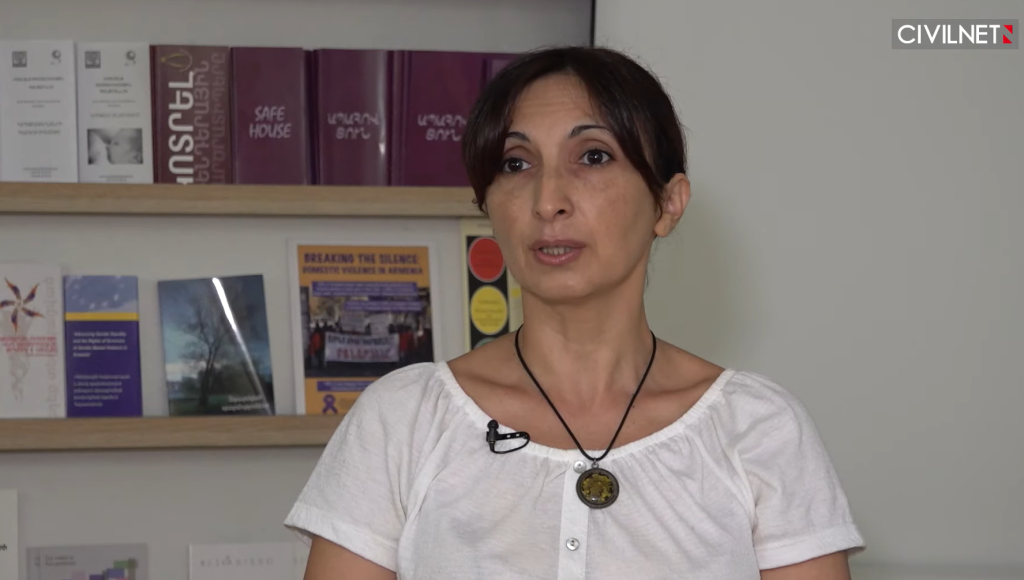By Lia Avagyan
In a quiet classroom in Taperakan Village in Armenia’s Ararat Region, Haje Bakoyan still remembers the bright student who slipped away. “She was absolutely excellent – smart, organized, prepared for every class,” the Yezidi language teacher recalls, her voice tinged with regret. “Then she got engaged in 8th grade. I’ll never forget her sad eyes.”
When Bakoyan later asked her star student why her grades had dropped, the girl’s response was devastating in its simplicity, “I don’t need it anymore. I understand that I don’t need it anymore.”

This story is sadly not unique; it’s an example of an ongoing challenge in Armenia, particularly within the minority Yezidi community. Early marriages continue to cut short the educational and professional opportunities of young girls.
Last month, Armenia’s parliament took a decisive step and removedthe provision that allowed 16 and 17-year-olds to marry with parental consent, setting a firm marriage age of 18. But experts say legislative changes alone won’t solve the problem.
The numbers tell a sobering story. According to 2024 data from Armenia’s Ministry of Justice, among 17-year-old girls, there have already been 23 children born from 23 marriages. Two 16-year-old girls have also already given birth. During the 2023-2024 academic year, of the 1,319 ethnic Yezidi girls enrolled in public schools, 171 students dropped out – many due to early marriage.
“This issue cannot be solved by legislation alone,” says Rustam Bakoyan, the Yezidi parliamentarian who introduced the new law. “We need awareness work in communities, involvement from the Ministry of Education in schools, and coordination with health and social affairs ministries.”

The roots of early marriage run deep, often intertwining with other social issues. Human rights defender and activist Zara Hovhannisyan points to domestic violence as a key factor.
“When girls face violence in their paternal family, they see marriage as an escape route. Tragically, they often find themselves in the same situation in their married life.”
Perhaps most concerning is that the new law might drive the practice underground.
“Many will try to receive medical services outside the centralized system or have home births and conceal the child’s birth,” Hovhannisyan warns. She advocates for comprehensive monitoring through community social workers and local guardianship commissions.
The challenge facing Armenia reflects a global crisis. UNICEF reports that approximately 650 million girls and women worldwide were married before turning 18.

Back in Taperakan, teacher Haje Bakoyan acknowledges that while awareness has improved, the practice persists.
“Even today, girls as young as 12 are married off, denied even basic education,” she says. “We need to apply this conditional law within our family. Each of us needs to start with ourselves.”
For Haje Bakoyan’s former student, like many others, that change came too late. While she has “probably accepted it now,” her story serves as a reminder of what’s at stake: not just education, but the fundamental right of young girls to choose their own future.
The new law represents a starting point, but as Rustam Bakoyan notes, stricter measures may be needed if voluntary compliance fails: “At this stage, we need to give people the opportunity to take this step consciously. If not, then we need to think in that direction as well.”
The post “I’ll never forget her sad eyes”: Early marriages threaten education for Armenia’s girls appeared first on CIVILNET.